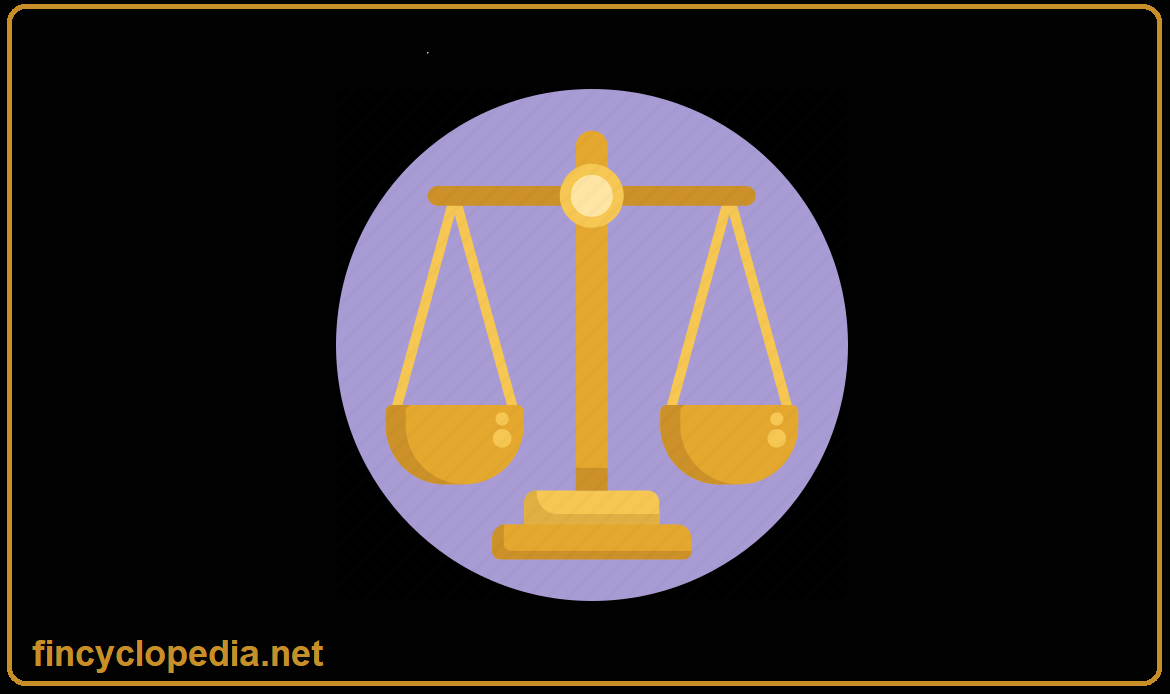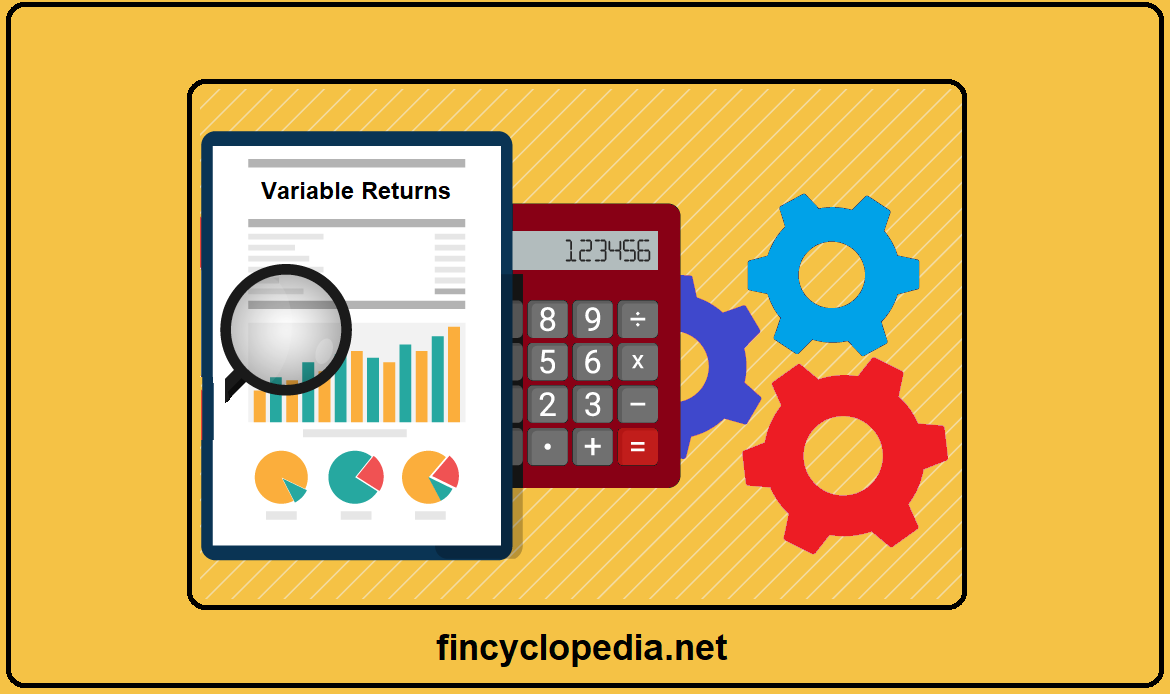The price / exchange price (an amount measured in currency units- CUs) at which an asset could be exchanged in an orderly transaction between knowledgeable, willing parties (e.g., buyers and sellers), at the measurement date. It reflects the highest and best use of an asset upon revaluation (see: fair value of an asset).
For a liability, fair value is the amount that would be paid to transfer the liability to a new party (another debtor) and as such to derecognize that liability (removing it from the statement of financial position).
By nature, fair value is a current exit price, not an entry price (transaction price). It is also a market-based measurement of value, not an entity-specific measurement.





